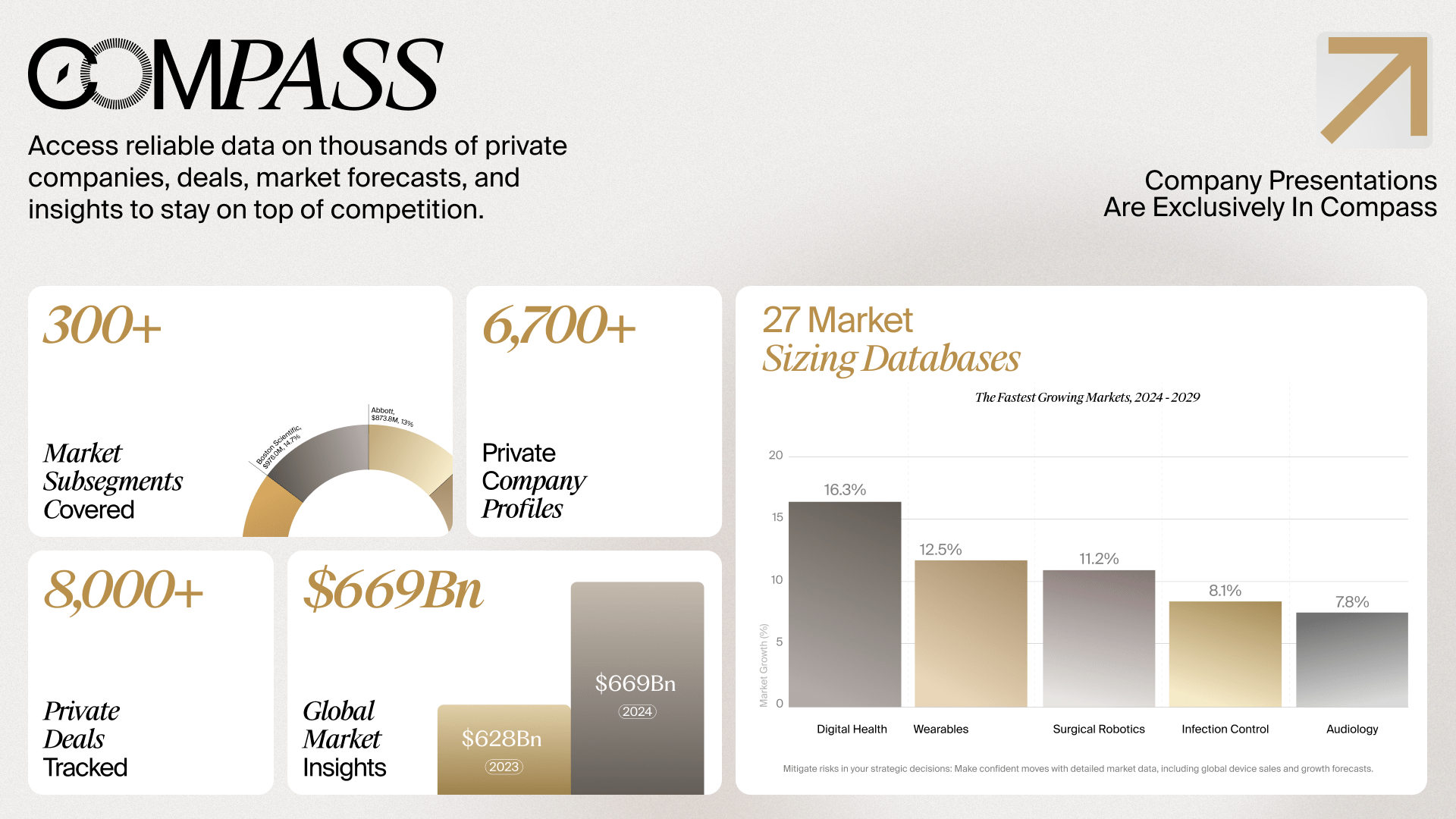- Video Library
- Proximie | Nadine Hachach-Haram, Founder & CEO
Proximie | Nadine Hachach-Haram, Founder & CEO
shaping the future of
Medtech at LSI USA ‘26
Waldorf Astoria, Monarch Beach

Nadine Hachach-Haram
Dr. Nadine Hachach-Haram is a surgeon, lecturer and clinical entrepreneur. She drew on her passion for innovation, education and global surgery to co-found Proximie, an augmented reality platform that allows doctors to virtually transport themselves into any operating room, anywhere in the world, to visually and practically interact in an operation from start to finish. From marking up a patient to providing real-time virtual presence in assisting and instructing on an operation, Proximie aims to provide safe, accessible and cost-effective surgery to every patient around the world. Dubbed the "future of surgery" by CNN, Proximie has gone from strength to strength and won multiple awards as well as being the main focus of the Foreign Press Association Science Story of the Year. It aims to revolutionize the delivery and education of healthcare by reducing the cost of that delivery while providing improved quality to the end patient, ensuring that every patient gets the best care, the first time, every time.
Nadine Hachach-Haram
Dr. Nadine Hachach-Haram is a surgeon, lecturer and clinical entrepreneur. She drew on her passion for innovation, education and global surgery to co-found Proximie, an augmented reality platform that allows doctors to virtually transport themselves into any operating room, anywhere in the world, to visually and practically interact in an operation from start to finish. From marking up a patient to providing real-time virtual presence in assisting and instructing on an operation, Proximie aims to provide safe, accessible and cost-effective surgery to every patient around the world. Dubbed the "future of surgery" by CNN, Proximie has gone from strength to strength and won multiple awards as well as being the main focus of the Foreign Press Association Science Story of the Year. It aims to revolutionize the delivery and education of healthcare by reducing the cost of that delivery while providing improved quality to the end patient, ensuring that every patient gets the best care, the first time, every time.

17011 Beach Blvd, Suite 500 Huntington Beach, CA 92647
714-847-3540© 2026 Life Science Intelligence, Inc., All Rights Reserved. | Privacy Policy







